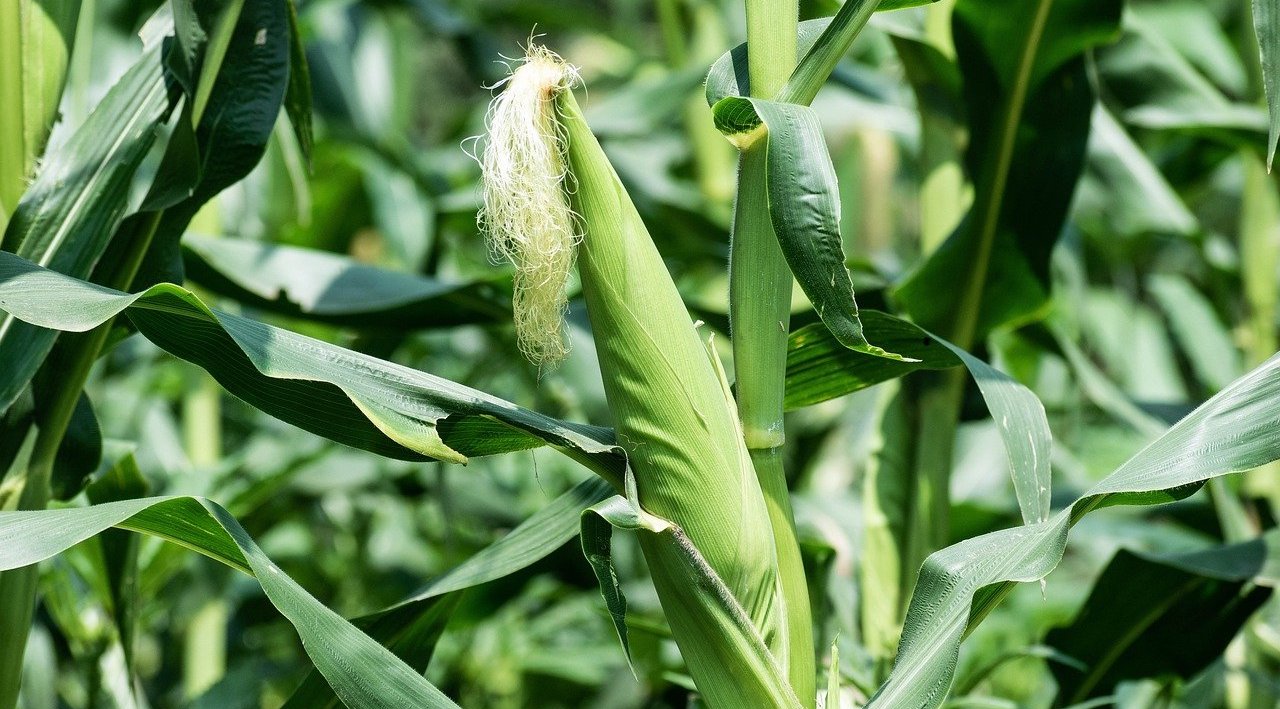Historically, Rwandan smallholder farmers, like their counterparts elsewhere on the continent, have faced a cocktail of challenges that have greatly reduced their ability to transform from farming as a struggle to survive to farming as a thriving business.
Key among the challenges is that farmers lacked access to affordable, quality inputs which affected volumes and quality of outputs.
In May 2014, the Alliance for Green Revolution in Africa approved a $513 600 grant to The Agribusiness Focused Partnership Organization, a Kigali based non-profit organization to build a strong, sustainable network of Agro-dealers who would avail inputs cost effectively. The intervention was dubbed Rwanda Agro-Dealer Development II (RADD II).
The project aimed at developing a network of about 380 wholesale and retail (200 new and 180 existing) agro dealers who would, among other aspects, introduce demonstration sites for capacity building of farmers as well as give them access to quality certified inputs. The agro-dealers reached over 300,000 farmers.
The goals would be achieved by identifying and building capacities of agro-dealers especially in Eastern and Southern Provinces for basic training as well as advanced training business management training and mentoring for the more ambitious ones.
This was also meant to strengthen the input supply chain by intensifying the business linkages between the agro-dealer network and agro-inputs suppliers with an overall aim of improving farmers access to input and market access.
Jean Bosco Safari the head of AGRIFOP says that three years into the implementation of the intervention, they have been able to create a reliable network of Agro-dealers who ensure that farmers can access quality inputs at affordable prices.
Safari says that over time, among the notable improvements is that with improved knowledge of inputs, the dealers ensure that farmers have quality inputs which has impacted their overall productivity.
“The impact so far is that farmers can access inputs easily from those agro-dealers and that there is knowledge among dealers on best use of inputs to maximize output. They can provide advice on proper practices and can provide extension services through demonstration to farmers,” he says.
He adds that with a new law in place regarding the standardization and quality of inputs, the agro-dealers know what inputs to sell to farmers.
With a number of agro-dealers involved also in buying farmers produce, he says that they have seen an increase in quality and volume of produce. Previously most farmers relied on credit to purchase the input but at the moment, most of them can afford to pay upfront for them.
More importantly, the system is becoming self-sustaining and is on course to operating without any external intervention or funding.






